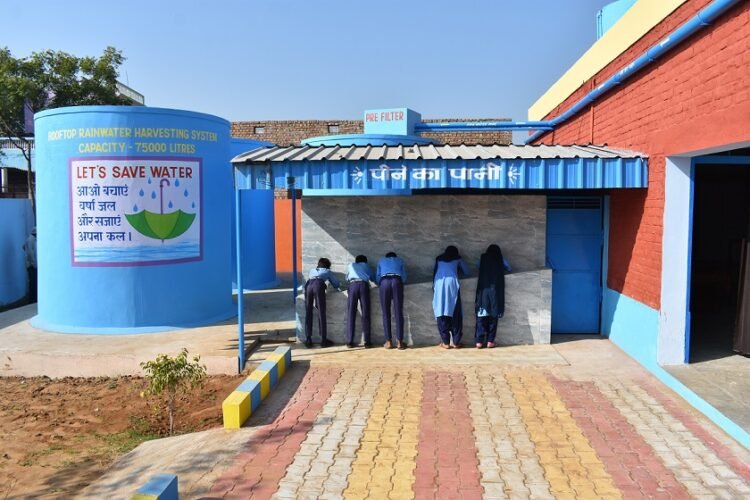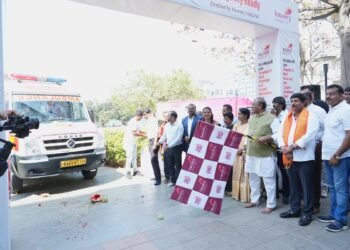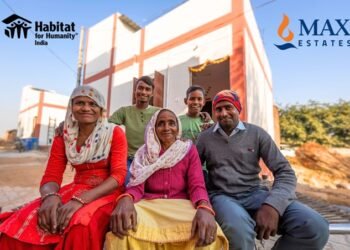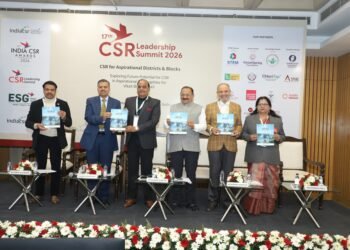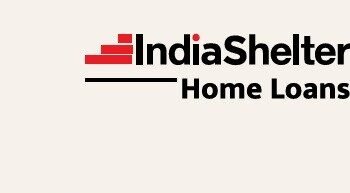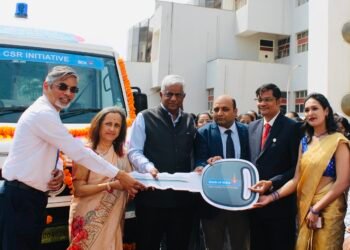By Rajat Jay Sehgal
NEW DELHI (India CSR): As monsoon clouds roll over India’s vast landscape, they bring much-needed relief from summer heat and renewed hope for farmers and rural communities. However, despite the abundance that the rains offer, much of this precious water is lost, flowing away due to poor infrastructure, inadequate storage, and lack of awareness.
Monsoons offer a valuable shared opportunity for communities, governments, and organizations alike. The S M Sehgal Foundation team understands that the monsoon is not just a season; the monsoon season is an opportunity, a chance to conserve, recharge, and secure water for the months to come for water-scarce communities.
A Paradox of Plenty
India receives nearly 75 percent of its annual rainfall during the monsoon months, yet many rural communities face acute water scarcity year-round. This paradox is most visible and dire in states like Rajasthan and Bihar, where water either floods the fields or vanishes deep underground, out of reach. S M Sehgal Foundation has been working with partners in these regions to reverse this pattern by turning monsoons into opportunities for creating water security.
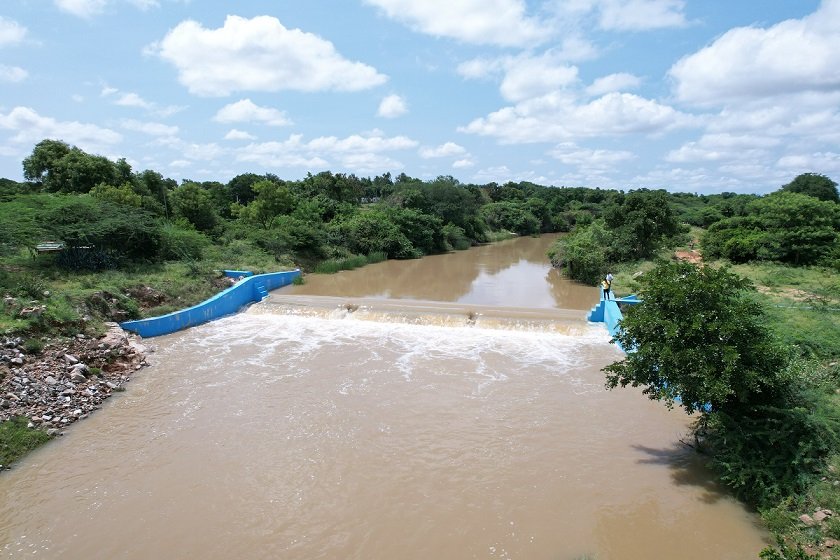
Success Story: Recharging Hope in Nuh, Haryana
In Nuh, Haryana, one of India’s most water-stressed districts, the foundation team works alongside local villagers to construct check dams and recharge wells. These simple yet powerful structures helped capture monsoon runoff that would otherwise have eroded fertile topsoil and disappeared into drains. More than 100 recharge structures across villages in Nuh have replenished groundwater tables and greatly reduced the drudgery for women who once walked miles to fetch water.
“Earlier, our wells would dry up by October. Now, water lasts till the next monsoon,” says Shabnam, a community member in Nuh.
From Runoff to Resource in Andhra Pradesh
In drought-prone Anantapur, S M Sehgal Foundation introduced rooftop rainwater harvesting systems in government schools. These systems collect and store rainwater for use during dry months, ensuring clean drinking water for students. What began as an infrastructure solution quickly became an educational one: children learned about the importance of water conservation and became ambassadors for change in their communities.
“My students now ask their parents to build rainwater systems at home,” shares a school principal. This ripple effect exemplifies the foundation’s work to promote community-led change.
Smart Technology, Smarter Farming
Monsoons are vital for India’s agriculture, but unpredictable rainfall can make farming a gamble. Through its Adaptive Technology–Agriculture (AT-A) initiative, Sehgal Foundation is piloting IoT-based irrigation solutions that optimize water use in farming. In collaboration with agricultural research institutes, these tools are tested on experimental plots and later introduced to farmers, turning monsoon variability into a manageable factor rather than a crisis.
Why Water Conservation Can’t Wait
As climate change amplifies the unpredictability of rainfall, water conservation can no longer be reactive, we must be proactive. The monsoon season is a critical window not just to harvest water, but to plant the seeds of behavioral change.
S M Sehgal Foundation combines traditional knowledge with modern techniques, which illustrates that rural India doesn’t lack the will to change, only the means. Whether constructing check dams, building rainwater harvesting units, or training farmers in water-smart agriculture, the impact is real and measurable.
What You Can Do . . .
- Support a school: Sponsor rainwater harvesting systems or sanitation facilities that improve water access for schoolchildren.
- Spread awareness: Use your platforms to amplify stories of rural resilience.
- Partner with us: Join hands with S M Sehgal Foundation to bring water security to the communities that need it the most.
This monsoon season, let’s not watch the rain go down the drain. Let’s capture, conserve, and celebrate water—because every drop counts!
Visit www.smsfoundation.org to learn how to be part of this transformation.
About the Author
Rajat Jay Sehgal, Chairperson, S M Sehgal Foundation
(India CSR)

